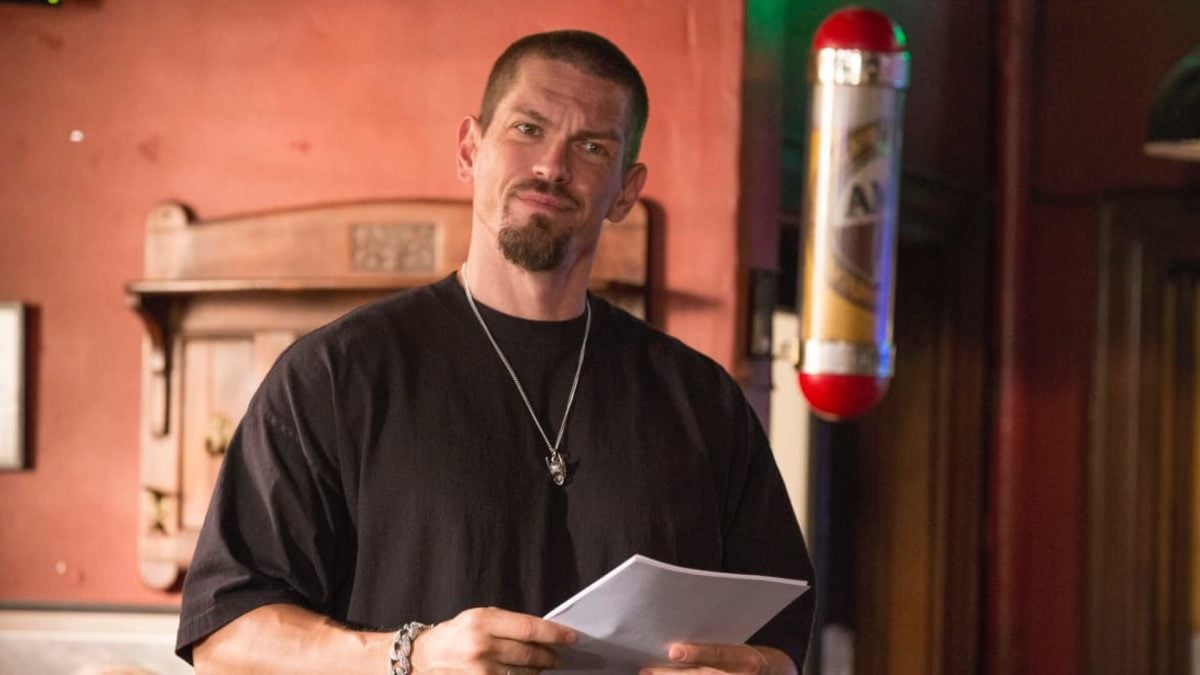
Showtime seems to like its female protagonists these days, from Nancy in Weeds, to Jackie in Nurse Jackie, and to Carrie in Homeland. One who doesn’t get a lot of attention for being a badass is Fiona in Shameless. On one level, she doesn’t seem to be dealing with the issues of someone like a CIA agent, but at the same time, with her own issues being so immediate, the stakes are still pretty high, perhaps higher in terms of her own livelihood and the lives of her family. She takes care of these matters largely on her own, without much outside help and by pooling the resources of her younger siblings.
She also faces the constant dilemma of whether it is more worthwhile for her to devote her entire life to her family’s wellbeing or to take an interest in her own life and her own future. This is a representation of the type of decision countless people in dire economic straits must face every day. Fiona’s conflict is presented and shown to be complicated, but in the end she can’t separate herself from her family’s interests. It’s both noble and tragic.
Continue reading on the next page…










Published: Apr 1, 2013 12:46 pm